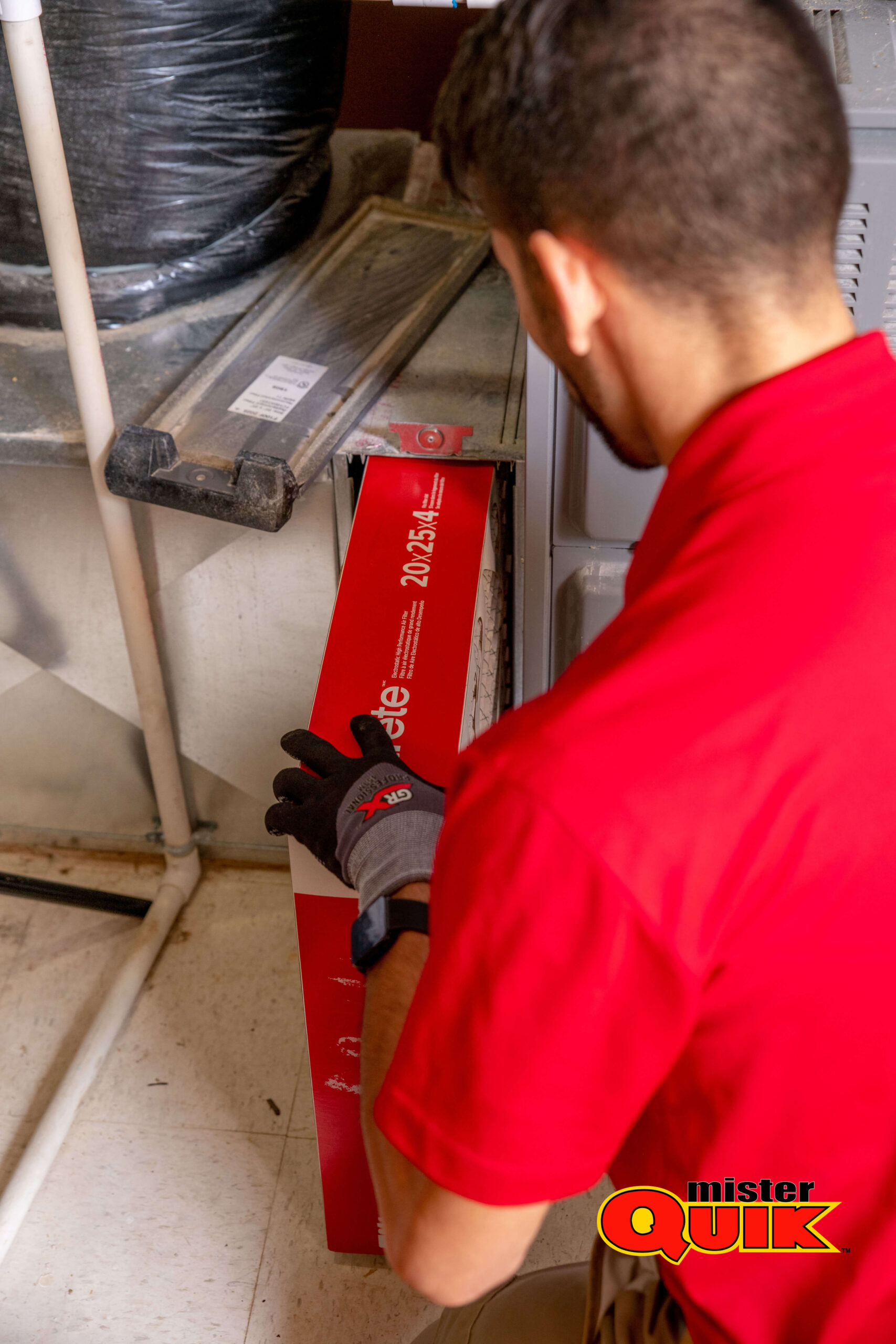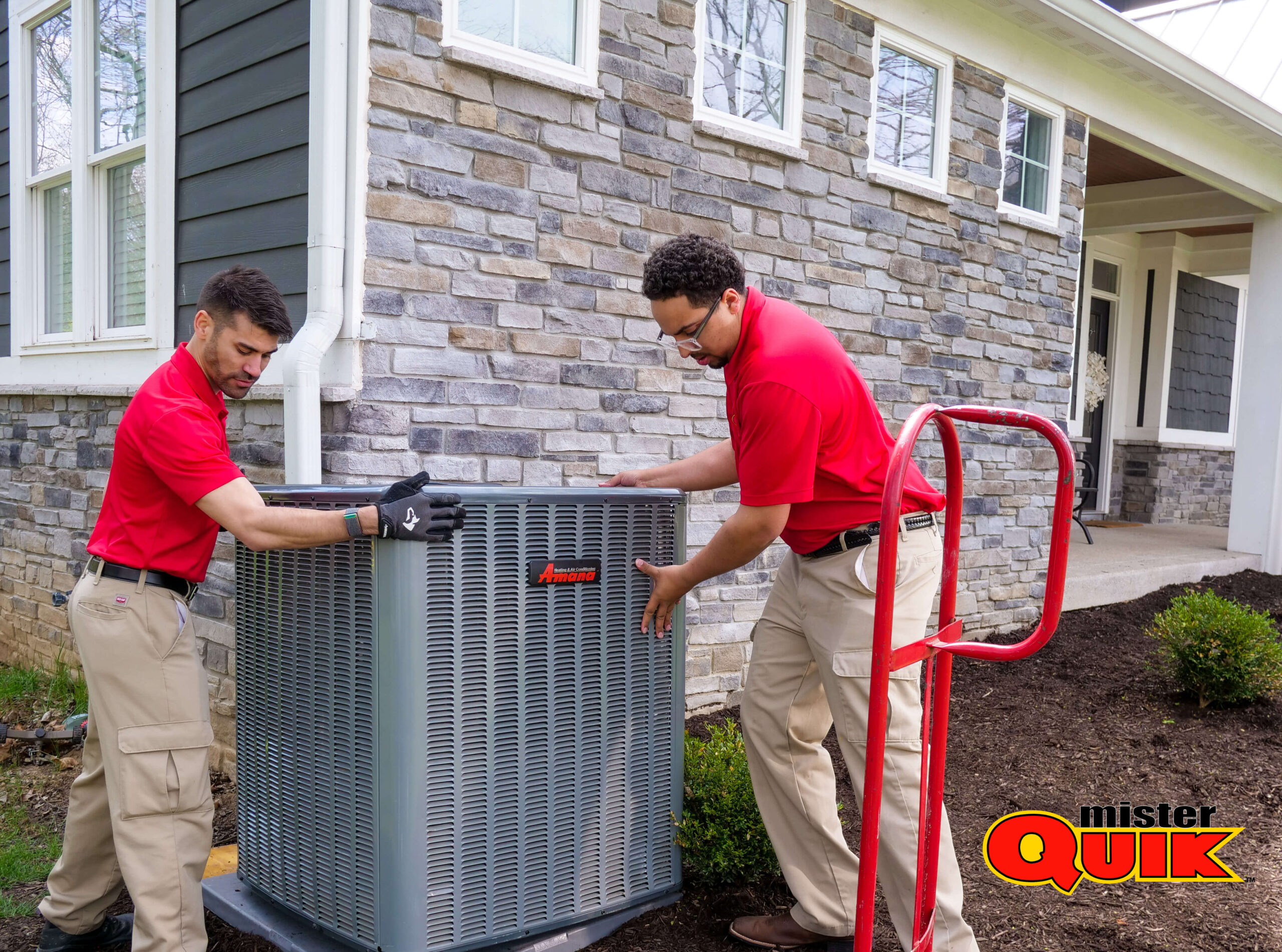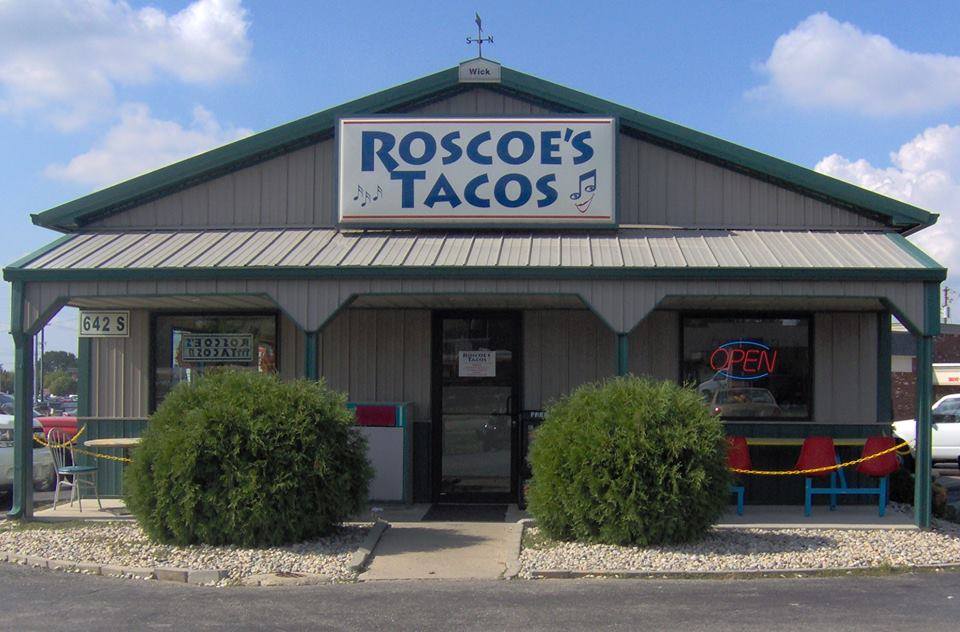Greenwood HVAC Emergency
Schedule on your own without making a call. Click the button below to get started!

Greenwood heating & air conditioning
Heating systems are vital components of residential and commercial spaces, especially in regions like Greenwood where temperatures can drop significantly during the winter months. The primary function of a heating system is to generate warmth and maintain comfortable indoor temperatures.
How Heating Works:
- Furnaces: Common in many homes, furnaces heat air and distribute it throughout the building via ductwork. They typically burn fuel (such as natural gas, propane, or oil) or use electricity to generate heat. The heated air is then circulated through vents to warm up rooms.
- Boilers: Boilers utilize water or steam to distribute heat. Water is heated in the boiler and then circulated through radiators or underfloor piping systems to transfer warmth to the surrounding space.
How Air Conditioning Works:
- Central Air Conditioning: Central AC systems use a compressor, condenser, evaporator coil, and refrigerant to cool indoor air. The compressor compresses the refrigerant, which then absorbs heat from indoor air as it passes over the evaporator coil. The heat-laden refrigerant is pumped outside to the condenser, where it releases heat and returns to a liquid state. The cooled air is then circulated back into the building.
- Ductless Mini-Split Systems: These systems consist of an outdoor compressor/condenser unit and one or more indoor air-handling units. Refrigerant lines connect the outdoor and indoor units, allowing for efficient cooling without the need for ductwork. Each indoor unit can be controlled independently, providing zoned cooling for enhanced energy efficiency and personalized comfort.
In Greenwood, where temperatures can vary significantly throughout the year, reliable heating and air conditioning systems are crucial for indoor comfort and well-being. During cold winters, efficient heating systems ensure that residents and businesses stay warm and safe. Similarly, in the hot summer months, effective air conditioning systems provide relief from high temperatures and humidity, creating comfortable indoor environments for occupants.
Greenwood Heating and Cooling Service
Greenwood Heating and Cooling Service offers comprehensive HVAC solutions tailored to meet the diverse needs of residential and commercial properties in the Greenwood area. With a commitment to excellence and customer satisfaction, our team of skilled technicians delivers prompt and reliable service for all your heating and cooling requirements. From installations to repairs and maintenance, count on us to keep your indoor environment comfortable year-round.
A malfunctioning furnace can leave you in the cold. From old age to a lack of maintenance, faulty furnaces break for lots of reasons. Our Indianapolis heating services specialize in rapid furnace repairs, ensuring your heating system is back up and running in no time.
Heat pumps play a crucial role in maintaining a comfortable temperature. If your heat pump breaks down, our expert technicians in Indianapolis swiftly diagnose and address the issue to restore warmth to your home.
A malfunctioning thermostat can disrupt your heating system's functionality. Communicating back to your heating system the wrong information sometimes forces it to turn off.
Blocked air ducts and air filters can hinder the efficiency of your heating system. These blocks make your heating system work harder than it needs too. Ultimately leaks to repairs because of the strain put on the system.
A heat pump can both cool your home in the summer and warm your home in the winter. The indoor coil in the air handler works in conjunction with the outdoor unit to absorb heat in the summer or deliver heat in the winter. The blower in the air handler circulates this cool or warm air through the ductwork in the home.
Knowing the differences can help you make an informed decision when shopping for a heating and cooling system for your home or business. In a nutshell, a furnace heats your home. An HVAC system combines a furnace, air conditioner, and ventilation system.
Perhaps the most common of all HVAC problems, and one that is easily fixed, is a dirty filter. Dirty filters will block airflow and cause your furnace to work harder to maintain an ideal temperature. This overburdens the unit, which could cause overheating, premature wear, and HVAC airflow problems.
The main purposes of a Heating, Ventilation and Air-Conditioning (HVAC) system are to help maintain good indoor air quality (IAQ) through adequate ventilation with filtration and provide thermal comfort.
Some of the most common reasons a central air system stops working include: coolant has run too low, the air filters are blocked or dirty, the coils are frozen over, or there is an electrical issue.
24-Hour Emergency HVAC Services
Greenwood Heating and Cooling Service understands that HVAC emergencies can happen at any time, often when you least expect them. That’s why they offer 24-hour emergency HVAC services to provide immediate assistance when you need it most. Whether it’s a sudden breakdown of your heating system on a cold winter night or a malfunctioning air conditioner during a heatwave, their dedicated team is available around the clock to resolve your HVAC issues promptly and restore comfort to your home or business.


The type of heating system you have can significantly impact your heating costs. Common types of heating systems include:
Electric resistance heating systems use electricity to generate heat directly. Electric resistance heating is typically the least
Fair Prices for Air Conditioning Repair
When it comes to air conditioning repair, Greenwood Heating and Cooling Service believes in offering fair and transparent pricing. They understand the importance of affordability and strive to provide cost-effective solutions without compromising on quality. With no hidden fees or surprises, you can trust Greenwood Heating and Cooling Service to deliver reliable repairs at competitive rates, ensuring that your air conditioning system is restored to optimal performance without breaking the bank.


Indiana's average monthly electricity bill is $97.77, as per the U.S. Energy Information Administration (EIA). This can fluctuate based on seasonal usage, energy-efficient appliances, and the size of your home.


If you rely on natural gas for heating and cooking, the average monthly bill is around $67.73. This cost may vary depending on the efficiency of your heating system and the duration of usage.


Water bills in Indiana typically range between $25 to $60 per month, based on consumption and local rates. Implementing water-saving practices can help keep these costs in check.
Heating and Cooling Installations in Greenwood
Greenwood Heating and Cooling Service specializes in professional installations of heating and cooling systems in the Greenwood area. Whether you’re upgrading to a more energy-efficient model or installing a new system for a new construction project, their experienced technicians ensure seamless installations tailored to your specific needs and preferences. With a focus on efficiency, reliability, and longevity, you can trust Greenwood Heating and Cooling Service for expert installations that meet your HVAC needs.
1. Increased energy bills
If your energy bills have been steadily increasing over the past few years, it may be because your heater is working harder than it needs to in order to keep your home warm.
2. Frequent repairs
If you constantly have to call for repairs on your heater, it’s probably time to replace it.
3. Old age
Most heaters have a lifespan of 10-15 years. If yours is older than that, it’s definitely time for a new heater installation.
HVAC Repair and Maintenance Near Me
If you’re in need of HVAC repair and maintenance services in Greenwood, look no further than Greenwood Heating and Cooling Service. Conveniently located in the area, their team of skilled technicians provides prompt and efficient repairs and maintenance for your heating and cooling systems. With their expertise and attention to detail, you can rely on Greenwood Heating and Cooling Service to keep your HVAC systems running smoothly and efficiently for years to come.
Insulation helps to keep heat in your home during the winter and cool air in your home during the summer.
Air leaks can allow warm air to escape from your home, which can increase your heating costs.
A programmable thermostat can help you save money by automatically adjusting the temperature in your home when you are away.
Lowering your thermostat by just one degree can save you up to 3% on your heating costs.
Space heaters can be used to heat individual rooms in your home, which can help you save money on your heating costs.
By implementing these energy-efficient measures, you can significantly reduce your heating costs and enjoy a more comfortable living environment.
- Ensure thermostat is set to the correct mode (heating or cooling).
- Verify temperature setting is appropriate for comfort.
- Check air filters for dirt and debris accumulation.
- Replace filters if dirty or clogged to improve airflow.
- Inspect circuit breakers for tripped switches or blown fuses.
- Reset tripped breakers or replace blown fuses as needed.
- Check outdoor unit for debris, such as leaves or debris blocking airflow.
- Clear any obstructions around the outdoor unit to ensure proper ventilation.
- Inspect ductwork for visible leaks or damage.
- Seal ductwork with duct tape or professional sealing products to prevent air loss.








